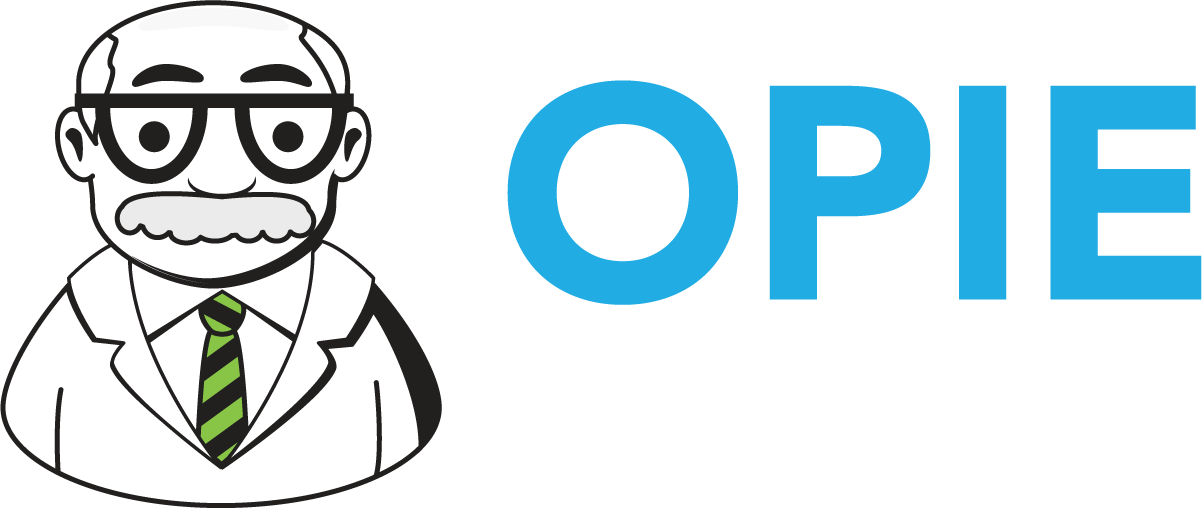Quiet Confidence
Last week I talked about defining your processes rather than letting your processes dictate your activity. Confidence is a similar construct. It does not “just happen.” Ok, sidebar. It can “just happen:” occasionally, a limited understanding can give rise to self-assurance, as people are less aware of the potential difficulties involved. Or as Charles Darwin famously said, “Ignorance more frequently begets confidence than does knowledge.”
Strategic Confidence.
If it doesn’t just happen (and we don’t want to appear ignorant), how do we gain confidence, and then how do we project it? It takes discipline. You have probably heard me repeat two things consistently for the past 15 years or so: “We need to discover what we don’t know” and “all of us are smarter than any one of us.” I think once we truly understand those two concepts, we can begin the journey.
We don’t know what we don’t know. Duh, right? And why is that radical? Actually, it is deeper than the words. Let’s go to the fundamental notion of survival. We leverage what we know to advance ourselves. As we grow and learn, we increase the bank of “what we know.” Through the process of learning, we also gain exposure to things with which we are unfamiliar…thus we learn that there are things we know and things we don’t know. Let’s say we have learned enough to know that some mushrooms are poisonous. But we don’t know how to tell the good from the bad. We know there is something we don’t know: how to tell a poisonous mushroom from a non-poisonous one. We have a choice: avoid all mushrooms or learn which mushrooms are not poisonous.
But if we had no idea that some mushrooms are poisonous, that we be something we did not know that we did not know. Why would you even ask? You had no idea that could even be possible. It is the things we don’t know that we don’t know that get us into trouble. To illustrate Darwin’s point, we may confidently eat a poisonous mushroom because we are ignorant of the fact that some are poisonous.
Why “Fake It till You Make It” Fails
Projecting confidence isn’t about swagger or bravado. It’s not about “faking it till you make it” that’s the worst leadership advice out there. Real confidence is about being comfortable with what you know, and what you don’t know. The most dangerous leaders are the ones who don’t see their blind spots, who confuse ignorance for certainty, and who shut out the team’s collective wisdom. That’s not confidence; that’s arrogance with a side of disaster.
My two mantras (“We need to discover what we don’t know” and “all of us are smarter than any one of us”) aren’t just catchy phrases-they’re the foundation of strategic confidence. The real magic happens when you admit you don’t have all the answers, but you do have the curiosity and discipline to find them.
You have to be able to ask questions. While we need to involve our teams, sometimes, as a leader, you can’t ask your staff. Having a community that you can go to is essential.
Listening more than you talk. It’s hard for me, and I am sure it is for some of you, to be quiet and listen. You can lead without answering, which helps everyone grow. I am impatient, and it can be frustrating to wait for people to figure out what I think I already know. But I don’t always know everything. My impatience can lead to a bad decision.
By encouraging your team to surface their own “unknown unknowns,” you learn about knowledge gaps in the company, you foster an environment where it is ok to admit you don’t know everything, and you create a team that knows it can depend on the other members.
Projecting confidence isn’t about pretending you’re infallible. It’s about modeling what real confidence looks like: calm, clear, and open to input. When you show your team that you’re not afraid of the unknown, they’ll follow your lead-even into the dark. At the same time, it is a balancing act. Too little confidence and your team loses faith. Too much, and you cross into arrogance, shutting down the very voices you need to hear. The sweet spot? Quiet confidence grounded in self-awareness and discipline. You don’t need to be the loudest in the room-just the one who’s most willing to learn, adapt, and bring the team along for the ride.
At the end of the day, discipline is what turns intention into action. It keeps you asking questions, seeking feedback, and following through on your commitments. When your team sees that you’re consistent, accountable, and open to learning, they’ll trust you. And that trust is the foundation of real, lasting confidence-both yours and theirs.
Embrace your ignorance, don’t hide from it. By leaning on your team, not pretending you’re the smartest person in the room. And by practicing the discipline to keep learning, keep asking, and keep moving forward-especially when you don’t know what’s around the corner.
If you remember nothing else, remember this: Confidence isn’t about having all the answers. It’s about having the discipline to find them, the humility to ask for help, and the courage to lead your team into the unknown-together.

